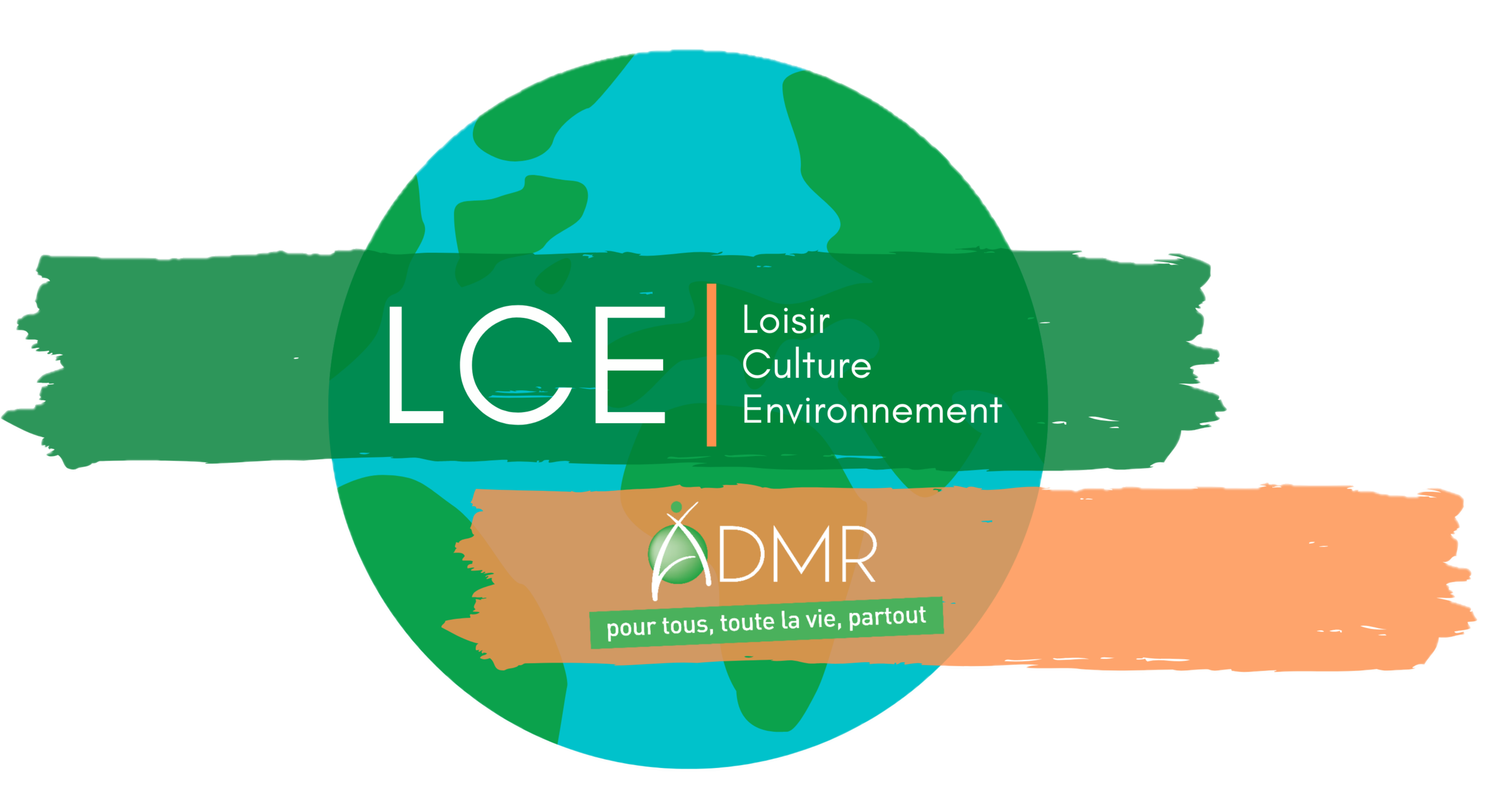They may feel that addiction is a myth and they can quit any time they want or that they are an exception to the rule. This can also occur with behavioral addictions involving activities such as eating, sex, gambling, shopping, and exercise. The discomfort you experience when your behavior doesn’t fit with your own standards of right and wrong can be a strong motivator to make changes. Sometimes, though, those feelings can work against you, causing you to justify your behavior to yourself and other people. Without healthy coping strategies in place, you are likely to experience strong urges to go back to the addictive behavior “one more time.”
What Is Substance Use Treatment?
Some people procrastinate is because they wrongly believe it to be a form of “self-care”. Others do it because of a deep-seated fear of failing to do the task that we’re supposed to do. Procrastination is a self-defeating behavior that might give you short-term benefits, but at a pricier long-term cost.
How to Overcome Addiction
Your dining table is a perfect place to start—make it a rule that meals are eaten without phones or TVs. Alternatively, create a screen-free bedroom to improve your sleep and give yourself a peaceful retreat. Fill these spaces with books, puzzles, candles, or calming décor to make them inviting and to encourage relaxation and mindfulness. “From managing work, parenting, household tasks and life admin alongside battling perfectionism, people-pleasing, resentment and guilt – the emotional load feels overwhelming.
Simply identify what small step you can take in the direction of resolution and take it. You might not have created the problem, but if it’s affecting your life, it’s now your responsibility to decide how to respond. You prevent relapse when you identify the warning signs of a relapse, avoid high-risk situations, and cut relapse short if it occurs.
#10. Break Off with People Associated With Your Mood-Changer
As you look for a rehab program, https://thecinnamonhollow.com/a-guide-to-sober-house-rules-what-you-need-to-know/ consider your unique recovery goals. Are you also healing from a co-occurring mental health issue? These questions and others like them can help you find the best program for you.
- Drug addiction is extremely challenging to overcome, but recovery is possible with strong determination and the right tools.
- No matter what triggers you, Relay is the best recovery program to help you find sustainable, long-term change.
- The more people you can turn to for encouragement, guidance, and a listening ear, the better your chances for recovery.
- Explore if teen substance use is normal, its impact, and strategies for prevention and intervention.
- Quitting is not easy or straightforward, but a good support group and treatment program will help you achieve it when you are ready.
Camelback Recovery
However, it is important to recognize that this rate is comparable to relapse rates for other chronic health conditions such as hypertension and asthma. This often means getting rid of paraphernalia or other items that might trigger your desire to use a substance or engage in a harmful behavior. You may also find it necessary to change your routine so that you have less contact with people or settings that trigger cravings.
The evaluation consists of 11 yes or no questions that are intended to be used as an informational tool to assess the severity and probability of an SUD. The test is free, confidential, and no personal information is needed to receive the result. Get helpful tips and guidance for everything from fighting inflammation to finding the best diets for weight loss…from exercises to build a stronger core to advice on treating cataracts. PLUS, the latest news on medical advances and breakthroughs from Harvard Medical School experts. Be prepared to deal with things that trigger your cravings, such as being in an environment where others are using. It might be helpful to choose a meaningful date like a special event, birthday, or anniversary.
Relapse prevention teaches individuals to recognize triggers, develop coping strategies, and create a plan to maintain sobriety during high-risk situations. Yes, therapies like Cognitive Behavioral Therapy (CBT) and Dialectical Behavior Therapy (DBT) address the root causes of addiction and teach healthier coping strategies. Addiction is a complex condition that often requires medical detox, therapy, and structured support to address both physical dependency and emotional factors. Many individuals in recovery struggle with feelings of shame or guilt about their past actions. Therapy helps individuals process these emotions and focus on moving forward. To alleviate cravings, individuals may turn to substance use.
As you can see, there’s not a single answer to how to break an addiction. At Lighthouse Recovery Institute, we know your addiction is as unique as you are. If you or someone you love is struggling with substance abuse, please reach out for help today. Learning how to overcome an addiction is important for anyone experiencing a substance use disorder (SUD), alcohol use disorder (AUD), or behavioral addiction. While challenging, recognizing that there is a problem and learning more about the process of quitting are important first steps in recovery. In addition to medications, psychotherapy can also be effective in helping overcome addiction.
It may feel daunting at first, but it’s OK—and even advantageous—to approach addiction recovery from a place of not knowing. Just because rehab doesn’t work the first, second, third, or even fourth time doesn’t mean rehab doesn’t work. It just Sober Houses Rules That You Should Follow means you need to do a little digging into your options and keep an open mind.
